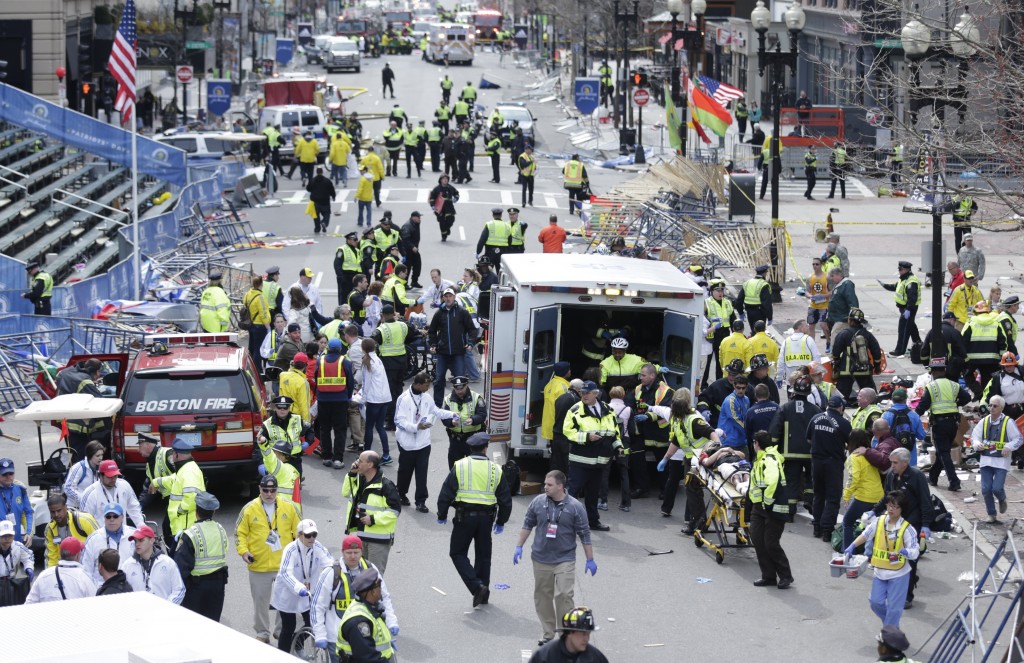1. Limit the child’s exposure to graphic images on television and internet.
This is the number one rule in any crisis or disaster for children of any age, and even for adults. For young children, the images have no context so the child does not know whether the”bad thing” happened down the street or across the world, no matter how many times you explain it. They notice blood and other humans in pain with no ability to discern the level of threat to themselves. For older children, adolescents, and adults, the images are played over in the mind and can cause unnecessary anxiety and disturbance.
2. Check with your child on how much they know about the situation.
Questions like “So, did you hear about what happened in Boston?” is a good way to open the conversation without causing needless worry if the child has not heard. For young children, there is no need to share details if they have no knowledge of the situation. When they say they haven’t heard, you can say “Oh, just some people got hurt but I think they’re helping them now.” If a child has heard about the situation, then the parent should go over factual information with the child.
3. Keep to the facts, stay away from conjecture or opinion.
Children will experience less anxiety about the situation if the parent can avoid strong emotion in sharing what happened. A simple statement that “a bomb exploded when people were running a race, they’re not sure who did it yet” is enough to inform your child but keep them from worrying. Following every news lead to see who the suspect is and why he/she might have done such a terrible thing is anxiety-producing and confusing for children. Once there is a conclusion, a parent can deliver the facts about who did this and why this thing happened.
4. Some emotion is helpful, strong emotion is not.
Sharing that you feel sad about people who were hurt is a good thing for your child to hear. Crying about how people lost limbs or loud anger about what kind of person would have done this terrible thing is not helpful to your child. It sends the message that you are worried and anxious so they should be too.
5. Manage your own emotions and exposure.
If you are feeling highly anxious or feel compelled to watch excessive news coverage, seek out a support system for yourself. Talk to your partner or a friend. This will model positive coping skills for your child.
6. Expect for your child to be somewhat anxious about hearing of bad things.
Your child might need more of your attention, or a little extra loving care from you. They need reassurance that they are safe. You, as the parent, are the best person to provide them with a sense of safety. If your child continues to be highly anxious weeks after such an event, seek consultation with a mental health professional that specializes in working with children.

